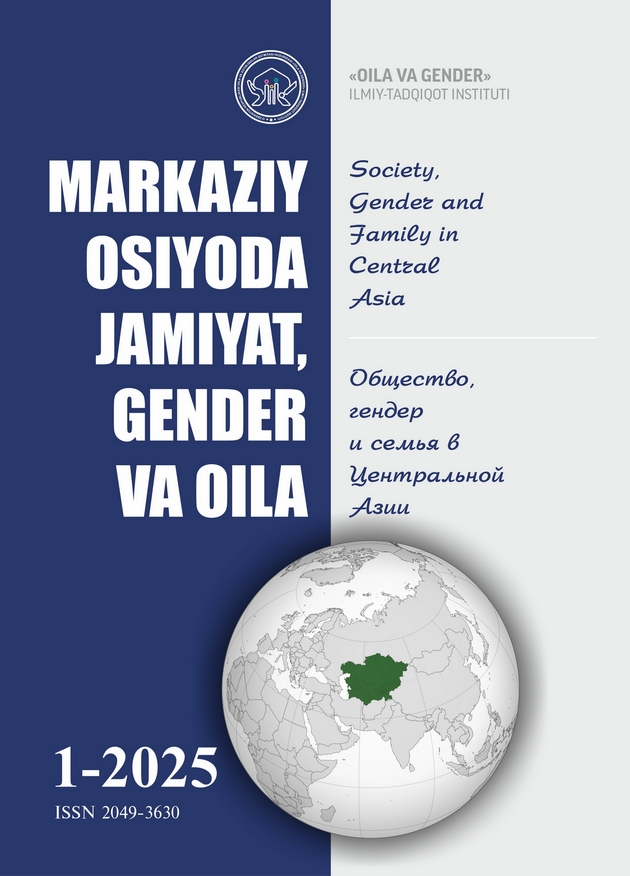High ideals in family relationships are the principles of justice, love, friendship, brotherhood, and mutual respect
DOI:
https://doi.org/10.65185/mojgo.vi.162Abstract
This article considers the family as a social institution, analyzing the importance of such high values as justice, love, friendship, and solidarity in ensuring its stability and development. The family is an essential part of society and plays a key role in the socialization of individuals. The author explores the theoretical and methodological aspects of family relationships based on the views of thinkers such as Émile Durkheim, Talcott Parsons, George Herbert Mead, and Plato.
Keywords:
family social institution love friendship justiceReferences
“The Anthem Companion to Émile Durkheim” kitobining 9-bobi – “Durkheim’s Theory of the Modern Family: Freedom, the State, and Sociology”.
Talcott Parsons.The Social Structure of the Family (1959)
George Herbert Mead’s “Mind, Self, and Society” asarida, shaxsning ijtimoiy identifikatsiyasi va ijtimoiy rollarni o‘zlashitirishiga oid fikrlar yoritilgan. Mind, Self, and Society.
Being and Nothingness. Concrete Relations with Others. 1956-yildagi Hazel Barnes tarjimasida. – B. 473-543.
Платон. “Пир”. Таржима ва изоҳлар: А.Н. Егунов. – Москва: “Прогресс”, 1984.
Downloads
Published
How to Cite
License
Copyright (c) 2025 Muxamedjanova Lalixon

This work is licensed under a Creative Commons Attribution 4.0 International License.










